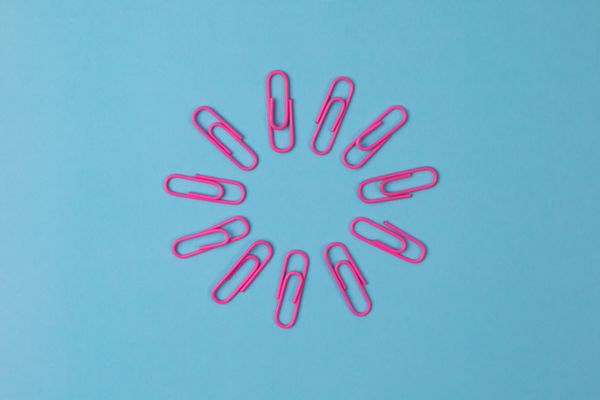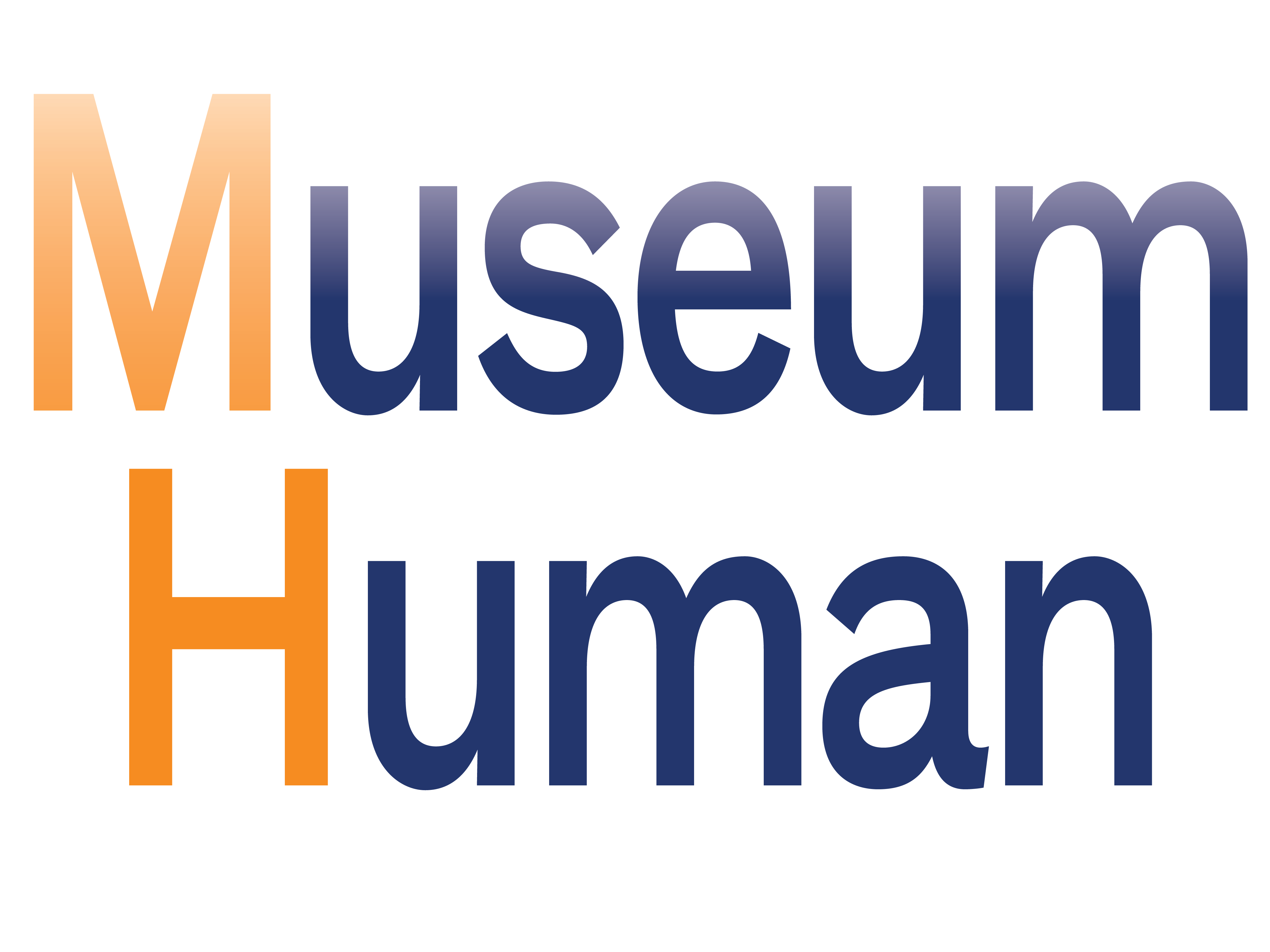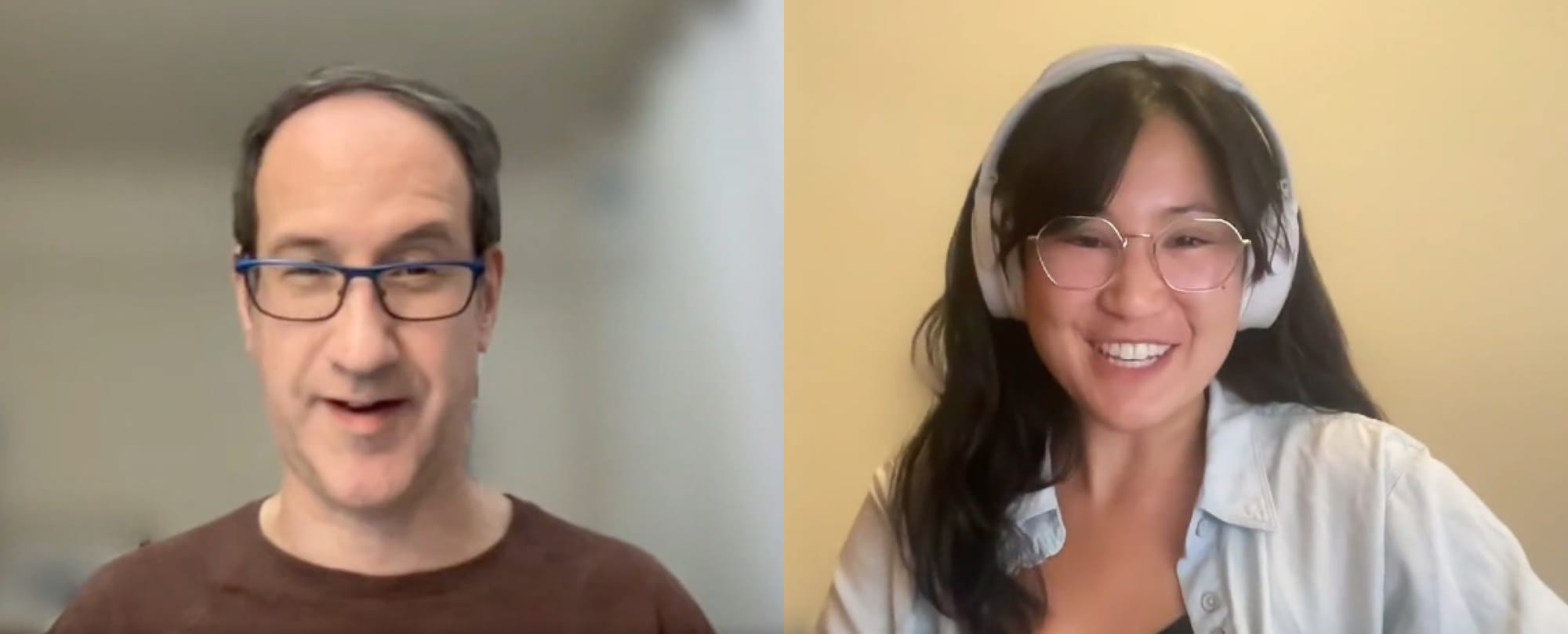
After the Minneapolis guilty verdicts earlier this week, some links about exhaustion.
If you're reading this and not a subscriber to Museum Human, consider scrolling to the bottom and signing up now—it's free and is the only way to read the site's longer weekly post on the organizational culture of cultural organizations.
You don't need me to direct you to links about the guilty verdicts in Minneapolis earlier this week. Just look around you.
I'll add this—also not at all original—thought that one set of verdicts out of thousands of murders does not change the trauma any more than one set of museum action plans changes centuries of oppression. The work will not be done until museums—and society—has transformed into something unrecognizable now.
Here's one from a tweet I feel I can quote:
I don't know if today's verdict in Minnesota truly counts as justice
But it is accountability
And accountability is small step towards justice
On to some links …
First, following up on my post on sunsetting projects, a Met colleague sent me this article from the Washington Post about our human biases in adding on and complicating work rather than subtracting and simplifying. Thanks, you know who you are!
Next, org culture guru Stowe Boyd covers a lot of ground in this post, with Slack creating (and immediately backtracking from) a new texting option, the increasing value of "spreadbase" app Airtable, and a new entry in the whatever-we-call-the-future-of-the-intranet industry. Exhausted from all this workplace app terminology?
Following up on the topic of exit interviews, a recent newsletter from org design firm NOBL predicts pent-up employee turnover (after all, no one should really expect to love their job) once (if?) some sort of normalcy returns to workplaces, and thus a real need for effective, humane offboarding.
Finally, here's a follow-up to my LOTW "Are U Capable," with more on capability building.
On to workplace struggles. Here's an article about dealing with workplace video-meeting-induced exhaustion. It's cribbed from less-is-more productivity author Cal Newport's blog, and proposes office hours instead of set meeting times. It does have the advantage of replicating the "if my door is open I'm available"-ness of workplaces, though I could see it still being a problem if we don't turn off email and have colleagues/leaders who respect our openness and closedness.
This article from the Make Work Better substack wants leaders to be clear that the new working-sometime-back-in-the-office will be a massive, evolving experiment. Experiments are supposed to be fun, of course, as well as bold (meetingless Mondays? what about no meetings at all for two weeks?), but fun doesn't quite spring to mind when I think about the controlled chaos of the return. Seeing colleagues will be great, but expect a LOT of exhaustion.
This long piece from Quartz goes into the many ways that work has changed in the past year. Of course, for museums, it means work has gone away for many people. The article states that companies have embraced flexibility—in the face of vaccine-induced deliverance mania, we'll see. Many of the other points—work-life boundaries have blurred, we've missed the social aspects of proximal work, diversity beyond just talk is still a massive work in progress with inequality still the default—make a lot of sense and yet are exhausting to consider in their own right. Are humans set up to, or still capable of, processing this much news?
To follow up more on subjects related to this week's guilty verdicts in the murder of George Floyd:
First, a Medium piece on the all-time con job that is white privilege. All whites in the credential- and expertise- and never-being-wrong-obsessed, museum field should read this, especially the section under the subhead "this is what privilege looks like." To quote at length:
I’ve met a lot of people who seem nice at first, until you start talking about privilege. Say the word, and their faces contort in horror. They start arguing with you, insisting they achieved absolutely everything on their own. They’ll bring up their grants and scholarships. They’ll lecture you about how they wake up at 4 am every morning.
They forget:
Taxes paid for those grants and scholarships. They grew up in a safe home in a safe neighborhood, protected by police who didn’t see them as a threat. They had two reasonably sane parents who loved them and worked hard to ensure their future. They never struggled with poverty or mental illness, or discrimination. Not everyone enjoys that.
The absence of adversity is a luxury.
It's important for whites to remember the neverending luxury that is their place in this society, entirely because of the color of their skin. The whole piece is important.
Second, I heard from people about a link I included about "brain fog" in this week's longer post on mental health in the museum field. It was pointed out to me that the very idea of brain fog is another aspect of white, elite privilege. The concept that the "normal" brain is clear and pristine, full of vitality and variety, drinking deep the experience of constant and rewarding interactions with peers and colleagues, is a luxury many, especially members of oppressed groups, cannot afford—they lack employment, or their work is a frontline, "essential" grind, or their families lack the wealth to sail through the pandemic to the calm seas on the other side of vaccine-land. Gig and other forms of precarious work, for all the PR about exciting autonomy, doesn't match the kind of normalcy in the above article.
Thank you to those who explained this to me.
If you're reading this and not a subscriber to Museum Human, consider signing up for a free subscription below—it's the only way to read the site's longer weekly post on the organizational culture of cultural organizations. Thank you for reading!
cover image by Tamanna Rumee on Unsplash [description: a circle of paper clips on a blue background]

Links of the Week: April 22, 2021: What's Really Tiring … by Robert J Weisberg is licensed under a Creative Commons Attribution-NonCommercial-ShareAlike 4.0 International License.






